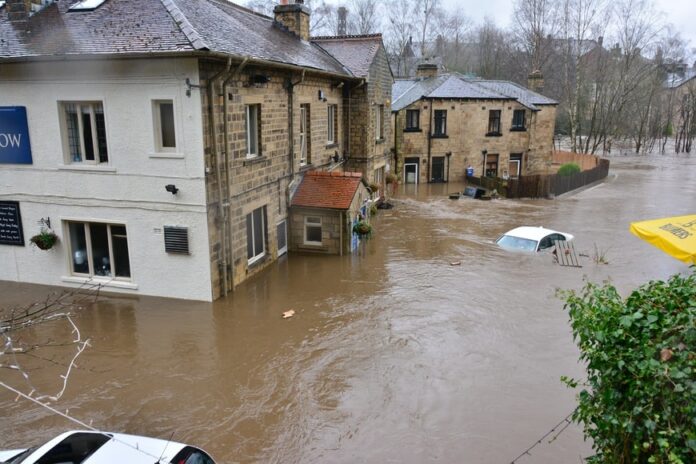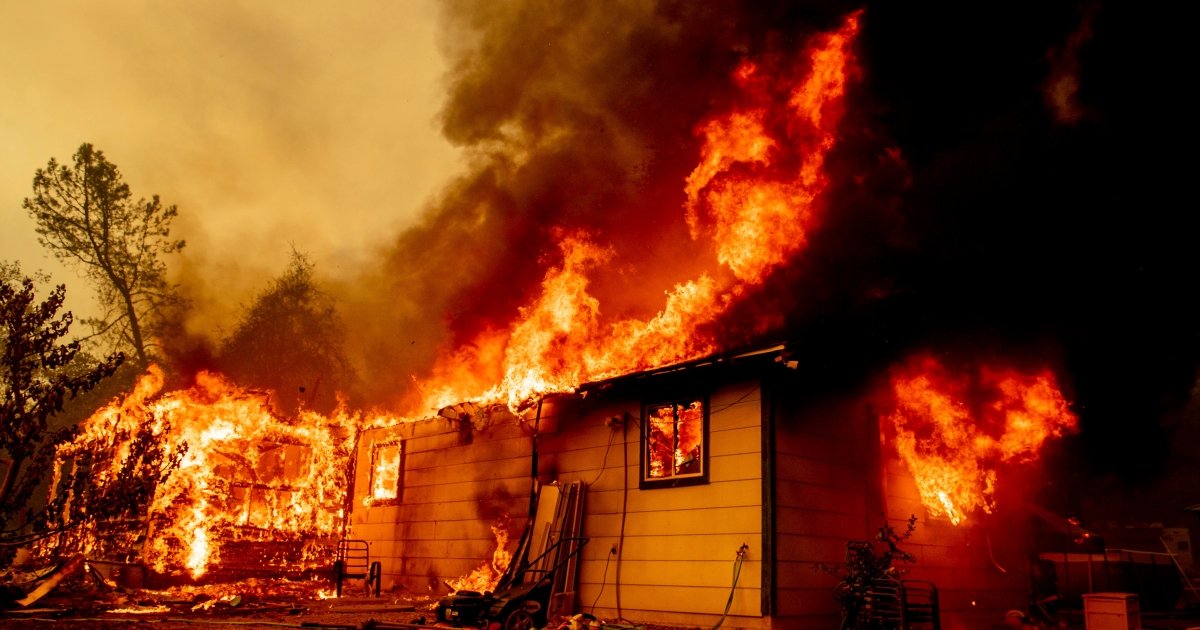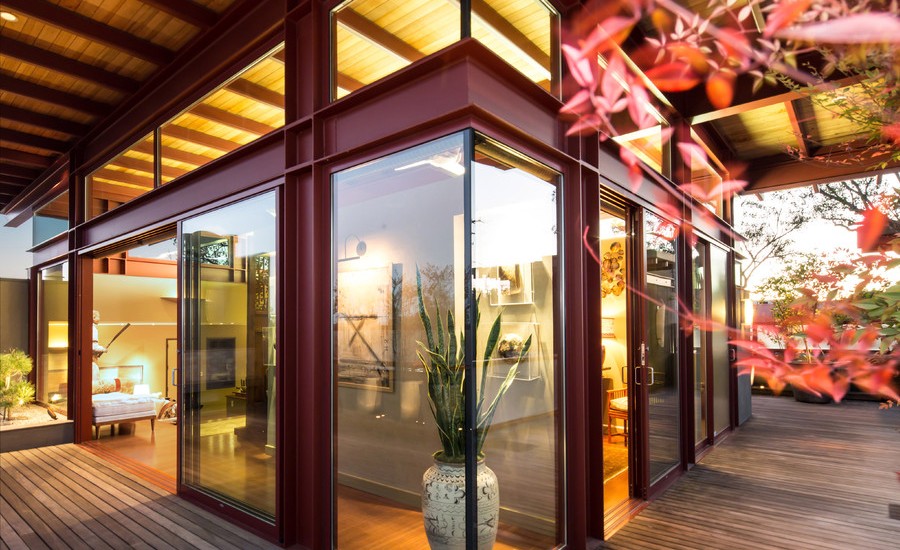Natural disasters are generally caused by the abnormal strength of natural agents such as hurricanes, earthquakes, storms, floods, and wildfires. As a result of the effects of climate catastrophe and global warming, such disasters are becoming increasingly deadly. They put people’s lives and property in jeopardy.
Before a storm or any natural disaster hits, make sure your home is safe. Here are nine disaster-proofing strategies for your house. You can secure your property before it’s too late if you follow these guidelines.
How Can a Natural Disaster Harm Your House?
Although a natural disaster cannot be stopped or prevented, people can reduce the impacts and damage upon them and their properties. So while building a house, it is important to plan for the disaster that may happen anytime and follow some ideas to save from the devastating calamities.
Furthermore, it is not enough to recognize the risks only; they also need to be implemented.
Preparing for a Flood
You can take steps to protect your house from floods. You should seal your basement walls with waterproof compounds. You should have a backup pump that works on batteries.
The electrical elements, along with the water heater of your house, should be raised to no less than twelve inches above any assumed flood levels. If your home is located in a flood zone area, it should be fortified.
Preparing for an Earthquake
First of all, you should know the measures for family safety during an earthquake. If you have been warned about the earthquake earlier, immediately turn off the electric and gas lines to avoid explosions and fire. No matter the place or area you live in, make sure your home can tolerate the intense shaking.
Your home should be inspected for cracks in the foundation. If your home is located in an earthquake zone, it is good to make your home springing to its foundation.
Preparing for Wildfires
Wildfire is another natural disaster that destroys property and lives. Its main feature is that it spreads too fast and destroys vegetation, wildlife, and property in its path.
If you live in the spot of wildfires, you must avoid combustible material on any part. If you use wood in any part, it must be fire-resistant, treated wood, or a supplement of wood-like fiber cement. Most often, the wildfire starts in forests, remote hills, mountain areas, or other woodland settings. Human callousness is one of the major reasons for wildfire. The items that can be burned easily should be avoided in your house.
Some Measures To Take For Saving Your Home From Natural Disasters
A Reflective and safety tape can be used for the temporary protection of your home, especially for outdoor use. They are easy to use with extreme durability and waterproof resilience. Reflective safety tape is undoubtedly the best choice.
You should always keep an emergency kit in your home.
While cleaning, you should always know the ingredients in your cleaning agents, whether they are safe for your shelve, kitchen, bathroom, or even the walls and rooftop of your home.
You should also keep backup food and water in time of emergency. But before all of that, you should start planning and come up with a strategy and discuss it with your family.
You should also learn about the evacuation place so that you can run there in case of any natural disaster.
You may also discuss with a professional the solution for renovating your home, reducing natural disaster risks.
If a natural disaster becomes a threat, you should add a permanent structure to your home. It is also important for you to fortify your home.
You may also consider building a secret but safe room in your house. People should not stay in a car or under a bridge in a red signal area.
Prepare Your Windows And Doors
If you live in the area of the natural disaster marked zone, you must give special attention to your windows and doors. Make your doors, garage doors, and windows with some fire-resistant material.
Unplug electric lines
If you unplug the electric appliances during a disaster, any potential damage can be avoided.
Try Moving Your Furniture
You can try moving your furniture to save them if there is time. There are far more pressing tasks in such a time.
Keep Extra Flashlights
It is good to have extra flashlights and batteries. Make sure to store them in dry areas to get them when needed.
Beware of The Updates
Try to be updated through television and radio to be aware of the weather forecast and clear your yard of debris. Anchor your boat securely, or move it to a designated safe place.
If you’re wet, barefoot, or standing in water, don’t use anything electric or try to plug-in power cords. Never use a charcoal or propane grill in the house.
Final words
Natural disasters cannot be undone at any cost. But with the proper precautions and necessary measures, the damage can be decreased on a home structure. It is said, ”home is where the heart is”.
So, we must save our home. Some of these ideas can help you prepare your home for natural disasters and provide you with solutions that you might be unaware of.




















